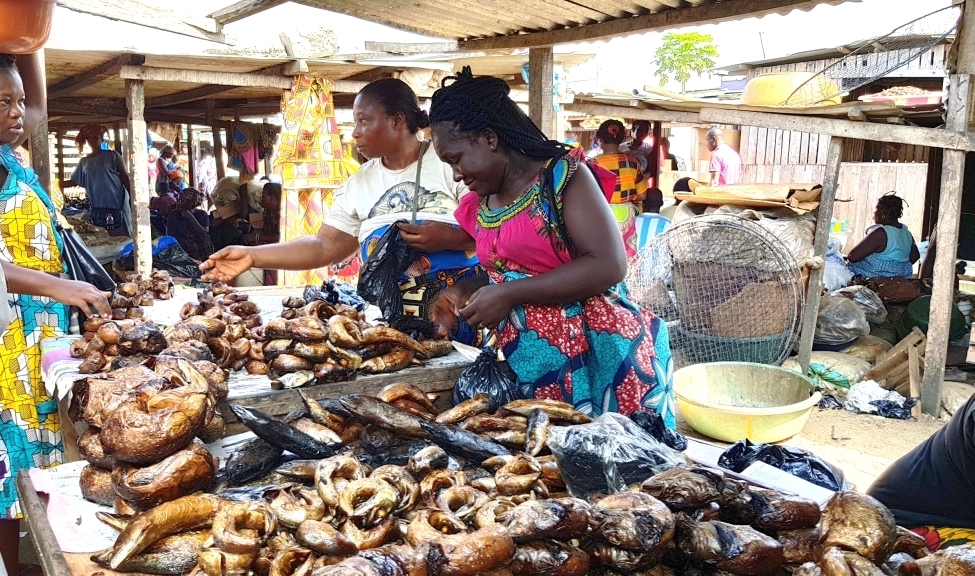
The key objective of this project was to provide an appropriate response to hygiene and food safety challenges inherent in fishery products. The aim was to boost the development of the artisanal fisheries subsector through improved access to international markets and new investments.
This objective was achieved through:
- Building capacity in targeted institutions to apply SPS standards.
- Facilitating access to international markets for target beneficiaries, South-North and South-South cooperation.
- Transferring technology and good practices in the artisanal fisheries sector.
As a strategic sector for development and the fight against poverty in West Africa, fisheries are an essential element for economic growth and balance of payments. It also contributes to food security and job creation while encouraging the entry of foreign currency through exports and fisheries agreements. In West Africa, the fisheries sector employs more than 3 million full-time workers, which corresponds to more than 10% of the working population. Most of these jobs are related to the artisanal fisheries sector. The production of coastal resources in West Africa is estimated at 2,936,552 tonnes, worth more than $2 billion, and export is only 330,664 tonnes ($750 million) to the European Union. The majority of primary production exported to the EU is produced by artisanal fisheries (75% in Senegal), with the exception of Côte d'Ivoire where the vast majority of exports come from industrial tuna fishing exported as frozen or processed. The region presents high levels of interregional trade in fishery products, due to very different levels of consumption per person (apparent consumption varying from 1.2 kg in Guinea Bissau to 28.6 kg in Ghana) and the availability of different fishery products. Industrial fishing is conducted in exclusive economic zones (EEZs), although reports on illegal, unreported and unregulated fishing (IUU) increasingly indicate irruptions in the forbidden coastal strip, particularly by trawlers targeting demersal species.
The artisanal fisheries in the West African region are characterized by micro-enterprises, which operate mainly with pirogues in the coastal areas and in the numerous lagoons of the region that are able to travel hundreds of kilometers across the region. Artisanal fisheries account for the majority of production although there are many industrial fishing vessels flying the flag of African, European or other industrialized countries. The integration of artisanal fishermen into international markets represents an opportunity to improve the living conditions of its operators and at the same time to stimulate the qualitative development of production in terms of food safety and SPS standards.
Despite the fact that the artisanal fisheries sector is a key sector with great development opportunities in the four countries, it is important to note that each country has specific issues relating to fisheries sector management and the application of SPS measures at the national level. This is why the project, in its strategy, paid a lot of attention to the balance of requirements and consumptions in the local markets of the specific target species of artisanal fisheries.
Institutional SPS capacity built
The skills and capacities of local institutional counterparts in the SPS area were strengthened through the implementation of specific training activities aimed at broad dissemination and better knowledge of SPS protocols for fish product safety and quality.
Artisanal fishery production improved
The technical capacity of private actors in the artisanal fisheries sector and the professional organization of the sector were improved in the countries concerned for access to international markets. This was achieved thanks to the reorganization of selected value chains at the local level (for greater efficiency and demonstrative purposes) and the reorganization of the professional structures of artisanal fishermen and other associated tradesmen (fishmongers, smokers, etc.).
Lucrative opportunities and key partnerships established
Opportunities for partnership, investment and transfer of technology in the artisanal fisheries sector of the target countries were identified and promoted through the organization of initiatives encouraging business partnerships and strengthening productive capacities through the promotion of technological innovation and best professional practices.